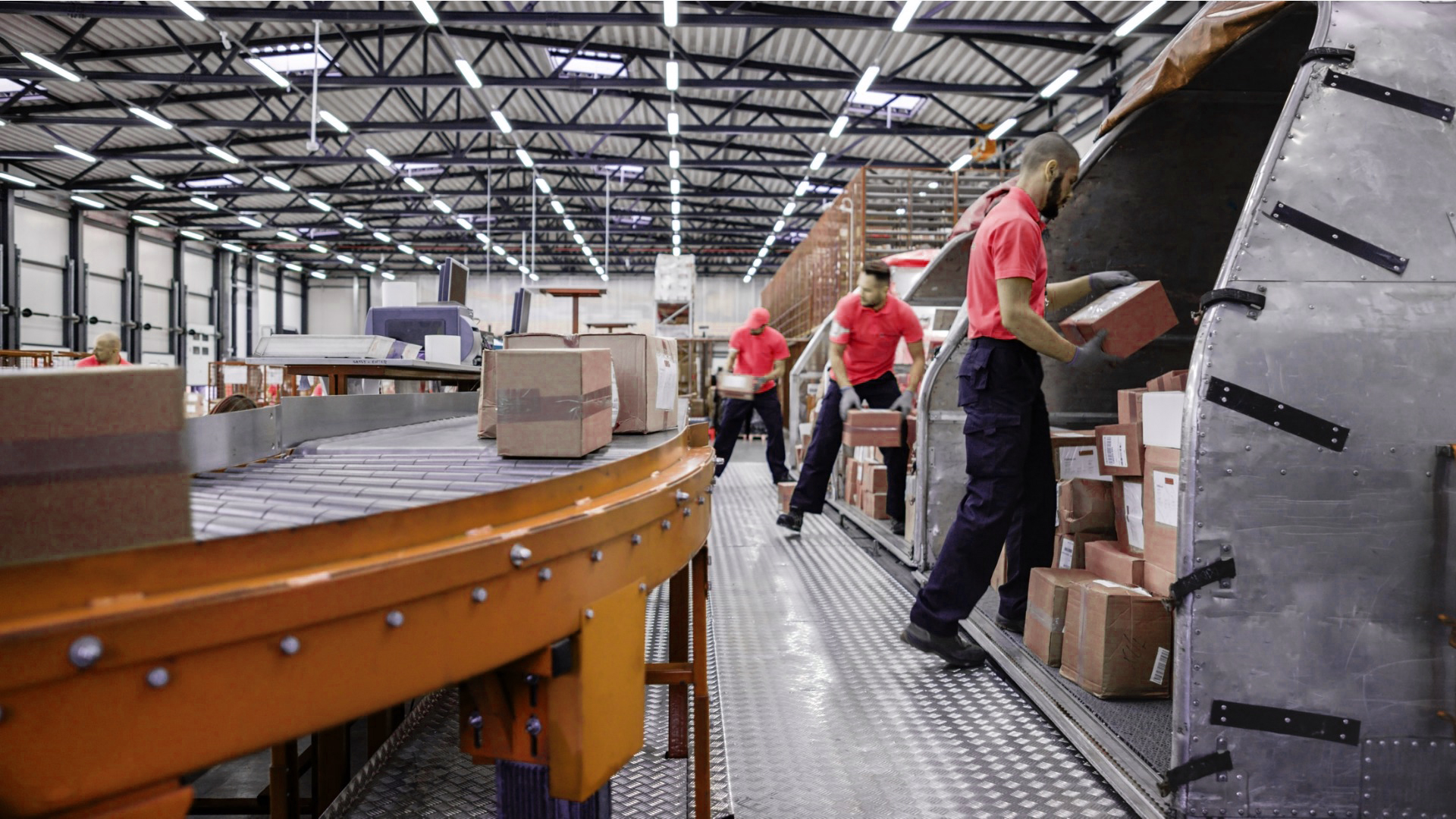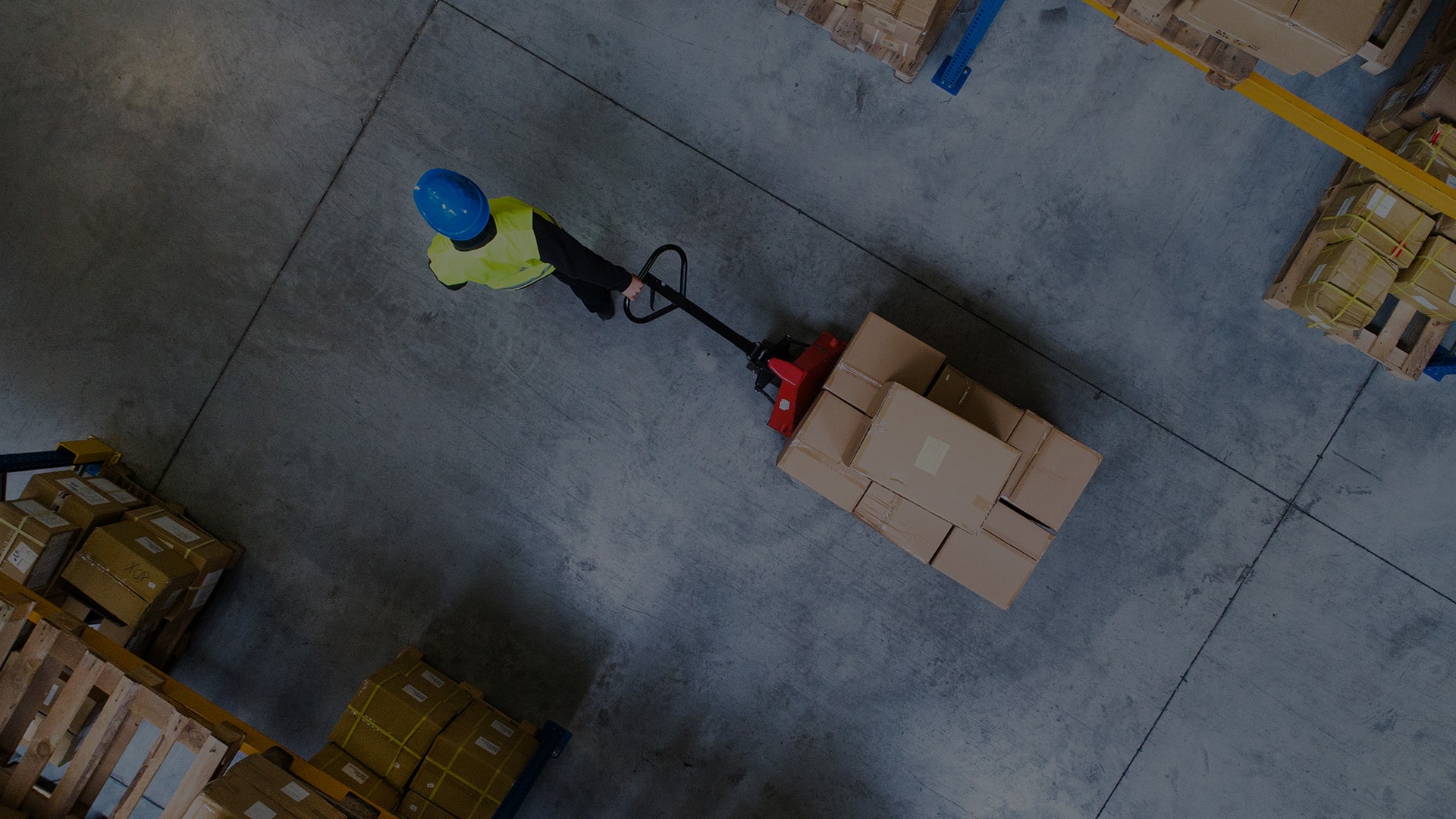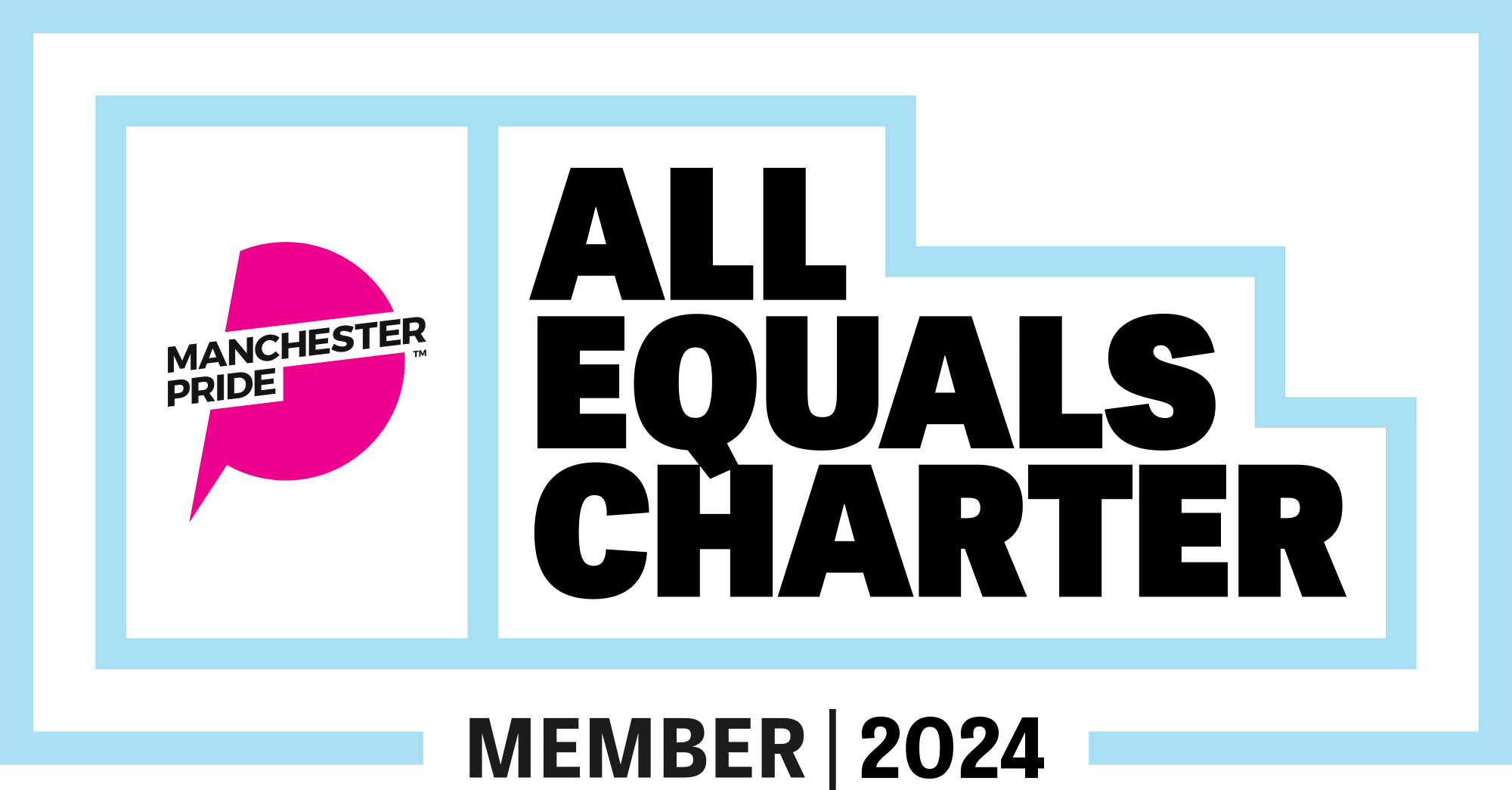How can technology improve sustainability reporting in the supply chain?
We’re discussing the power of AI and supply chain collaboration for better ESG outcomes with our ESG Consultant, Debbie Wall.
Over the last year, we’ve been working hard to understand how technology can help us manage and improve our ESG reporting, especially when it comes to our supply chain. More specifically, how we can harness the power of artificial intelligence to help us measure, monitor and analyse sustainability efforts.
Why is sustainability reporting so important?
We need to ensure we source and procure the best products to meet our dealers needs. That doesn’t mean, however, that our commitment to our customers stops there. We also have a responsibility to procure products and solutions in the most sustainable way possible. Ultimately, we need to collaborate with our suppliers throughout the product lifecycle and act together on environmental, social and regulatory challenges to meet our ESG objectives, and those of our customers too.
We know our customers are increasingly required to provide transparent ESG data, whether that’s aligned to the International Sustainability Standards Board, CDP, Ecovadis, or another regulatory body. We need to make sure we have auditable data from our own business and that of our suppliers to support these audit processes for our customers, and other business critical decisions.
What technology is being used to do this?
Calathea is the software platform we use. It gathers and analyses sustainability data using both supplier collaboration and artificial intelligence.
The software integrates our suppliers’ data by having them complete an online assessment. This allows us to understand, benchmark and assess their sustainability agenda. It also allows us to work with some suppliers on an individual improvement programme where necessary.
The Calathea management system analyses vast amounts of data to identify patterns, predict risks, and optimise supply chain operations from an ESG perspective. Machine learning algorithms can detect anomalies in production processes, forecast environmental impacts, and suggest strategies for improving sustainability and social responsibility.
During the latter part of 2023 and the beginning of 2024, we have onboarded our key suppliers who make up 40% of our supplier spend. By the end of this year, we will have increased this to more than 75%, with the rest being onboarded in 2025.
What are the benefits of using software like Calathea?
The planform ensures that we meet not only our corporate sustainability objectives, but our customer’s objectives too.
We believe the use of this technology gives us three key benefits:

It will also ensure that our supplier relationships have longevity, are strong and allow us to serve our customers in the long term, building a sustainable supply chain that economical beneficial for all stakeholders.
While we continue to be on a journey to improve our sustainable practices we believe as a business we will continue to leverage technology to enhance Environmental, Social, and Governance (ESG) reporting within their supply chains.




